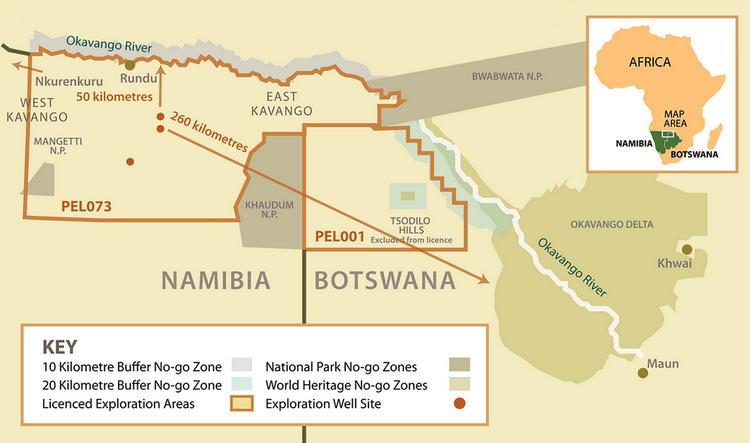We Need to Talk About Africa’s Energy Crisis: Why is Production Waning? Its Exploration
With the cost of oil having reached close to $88 a barrel, producing markets such as Nigeria, Libya and Angola should be capitalizing on prices. Yet, production in Africa continues to significantly underperform.
The final frontier for oil and gas exploration, a range of untapped resources awaiting exploitation, and opportunities across the entire energy value chain all represent key components of Africa’s hydrocarbon market. For years, resource-rich nations have been capitalizing on their resources, driving exploration and production alongside global players. Now, producing markets across the continent have started to dramatically underperform, with countries such as Nigeria missing production targets by a large margin. What will these production declines mean for the African continent and what can be done to mitigate this trend?
Even at the start of 2022, producing nations in Africa continue to grapple with the effects of the COVID-19 pandemic. Demand fluctuations, price instability, and the global reduction in fossil fuel-directed capital expenditure have left many oil-reliant nations scrambling. While attempts to diversify economies have been noted – specifically through developments in natural gas, renewables, and associated sub-sectors such as transportation and logistics – in the short- to medium-term, oil continues to be a critical asset for many African countries.
Africa’s oil and gas resources are a blessing for the continent’s socio-economic development, and yet production figures towards the end of 2021 represent a growing challenge. Nigeria, for example, with over 36 billion barrels of oil in place has the potential to produce upwards of 2 million barrels per day (bpd). Yet, during December 2021, the country was only producing 1.1 million bpd – resulting in an estimated 2.4-million-barrel loss for the month. Similarly, despite production targets of 1.8 million bpd by 2022, during December 2021 Libya also underperformed, producing on average 1.06 million bpd. However, this was largely attributed to blockades at key oilfields due to political conflict, and the country’s production is starting to increase again.
The impacts of underperformance on African economies will be significant. Notably, with Africa contending with its own energy crisis – whereby over 600 million people are still without access to electricity – a production downturn could further accentuate the crisis. As Dean Foreman, Chief Economist at the American Petroleum Institute describes, “African crude oil and natural gas production adds value to the economy and is an engine for employment, investment, economic growth and innovation. When this production underperforms, as it has recently, producing nations across the continent lose these benefits, and their global oil market position weakens. Moreover, nations that import refined petroleum products could end up with greater dependence and higher prices to attract products from global markets.”
On the other hand, underperformance in Africa could impact production quotes. Energy Board Executive, Abdur Rasheed Omidiya, extends on this notion, stating that, “Continuous inability to meet OPEC production quota means OPEC may at some point review down the African countries quota and source increase in other member countries which will directly impact the economy as crude oil sales made up to one-third of some government budget revenue and 90% of export earnings.”











